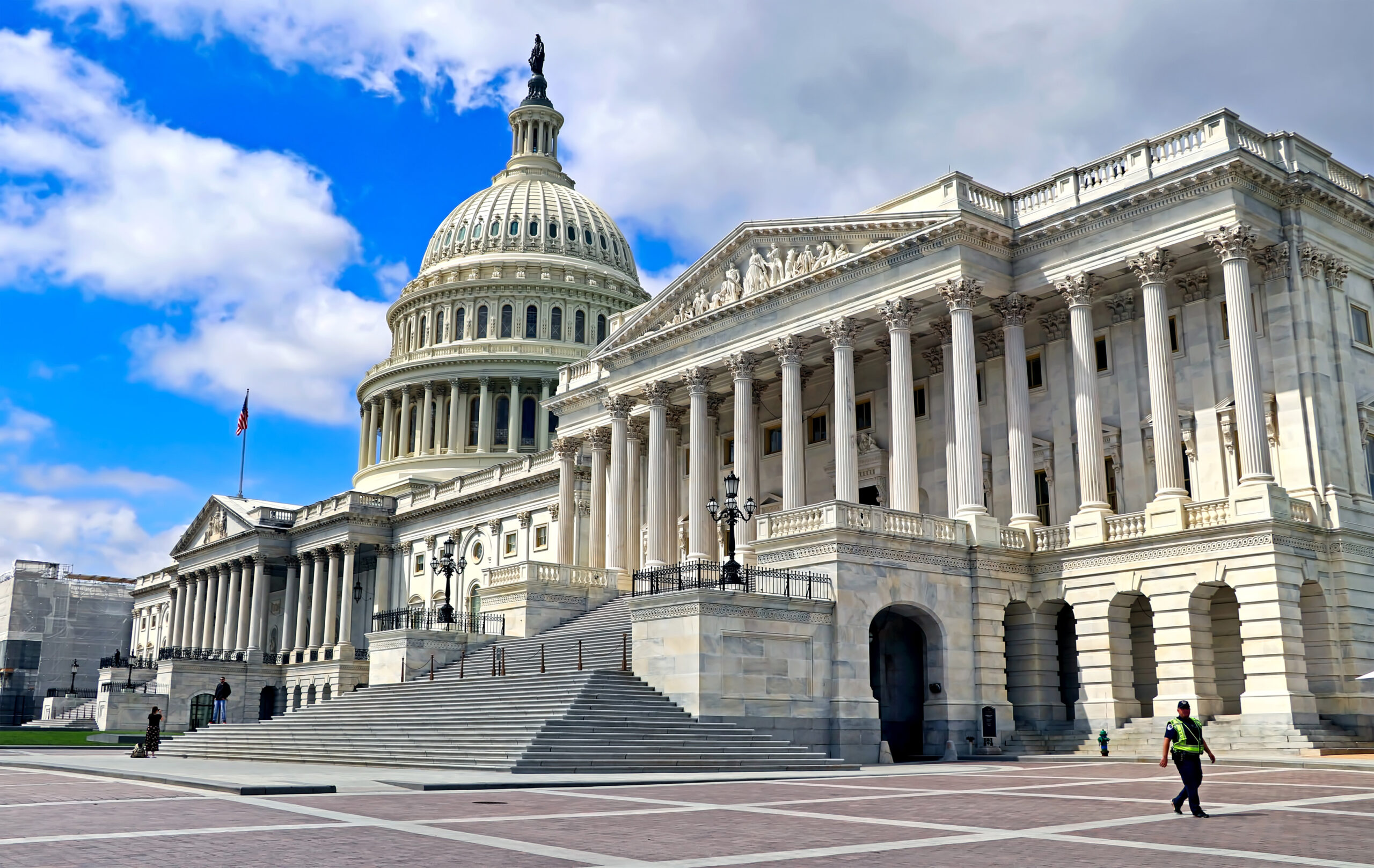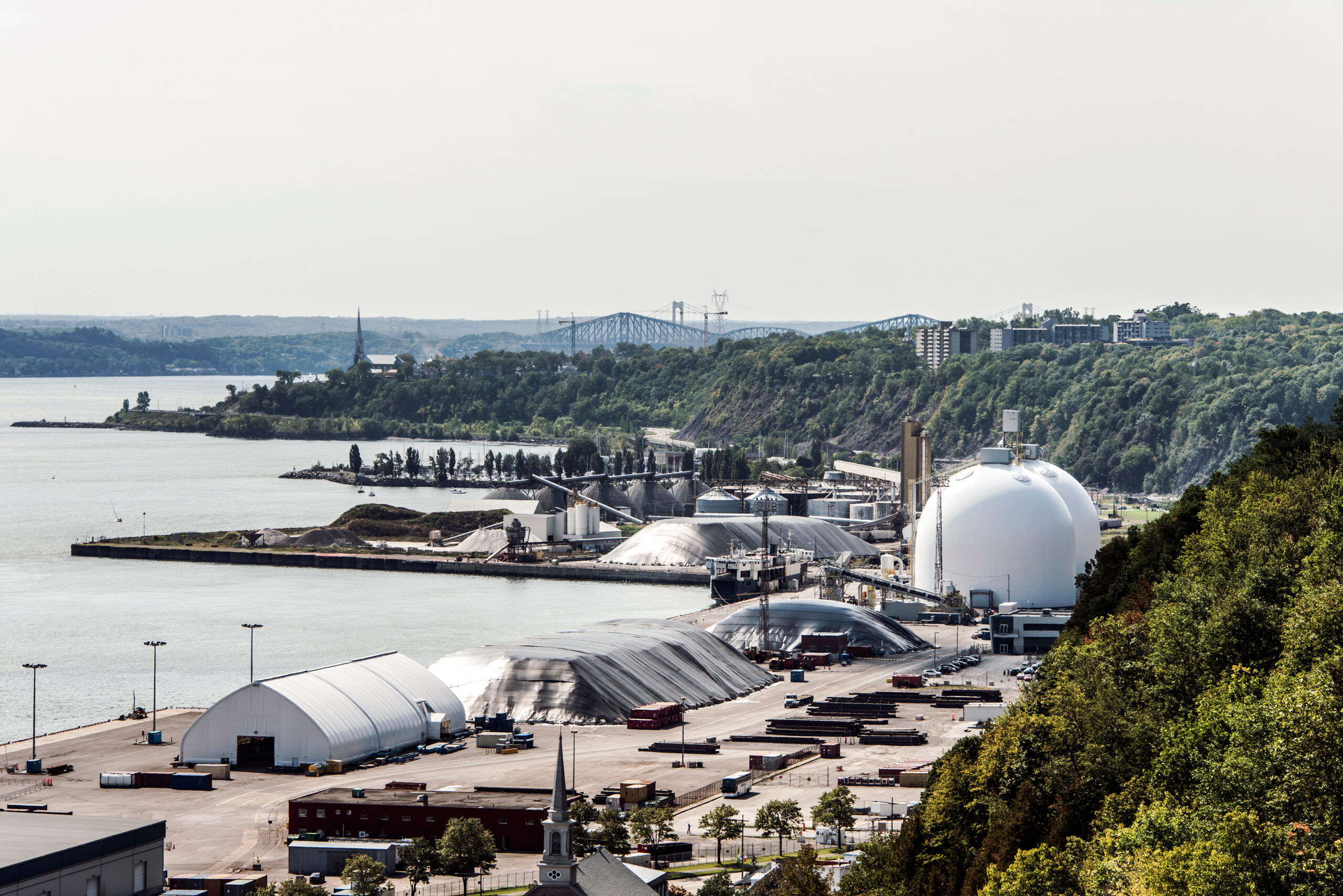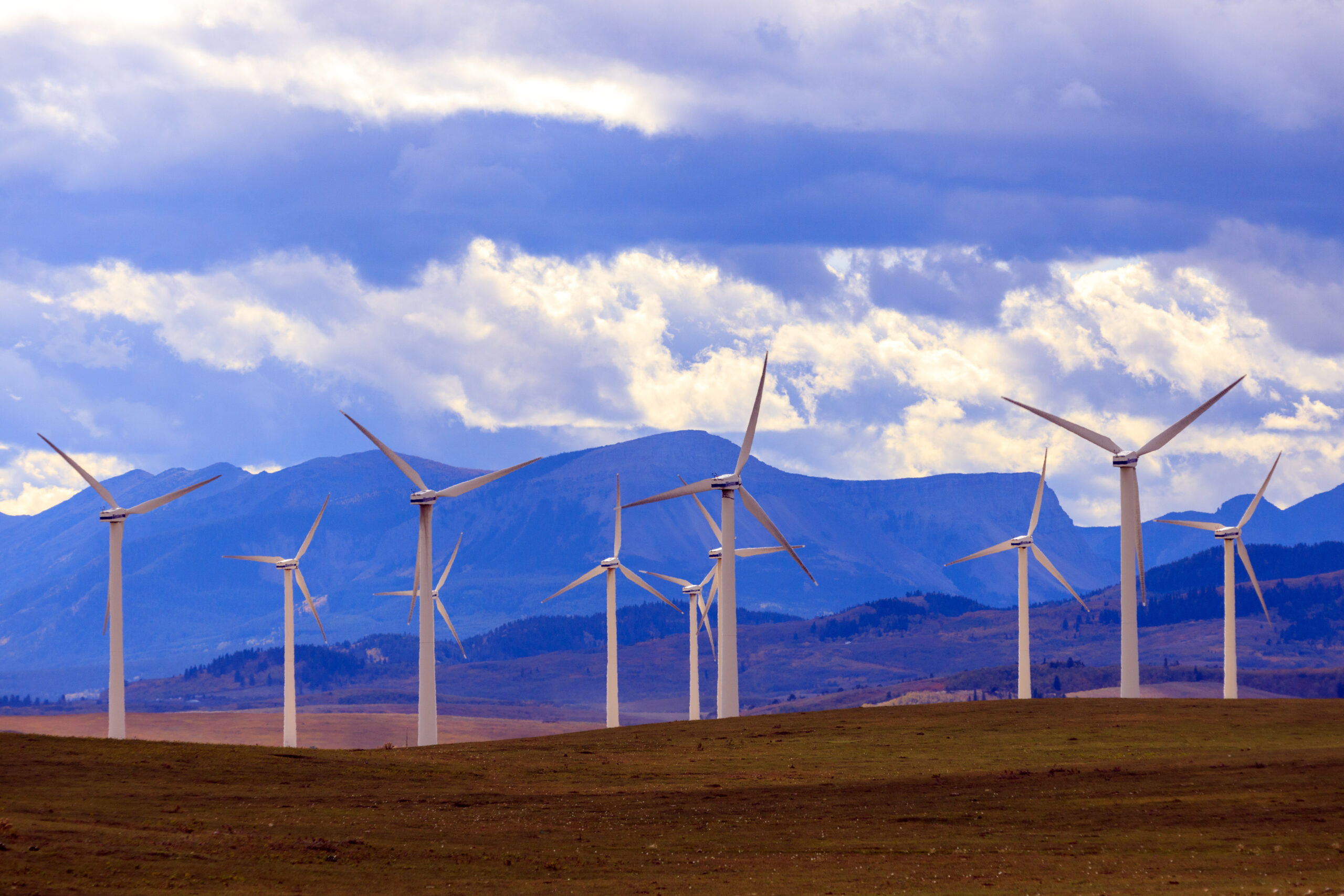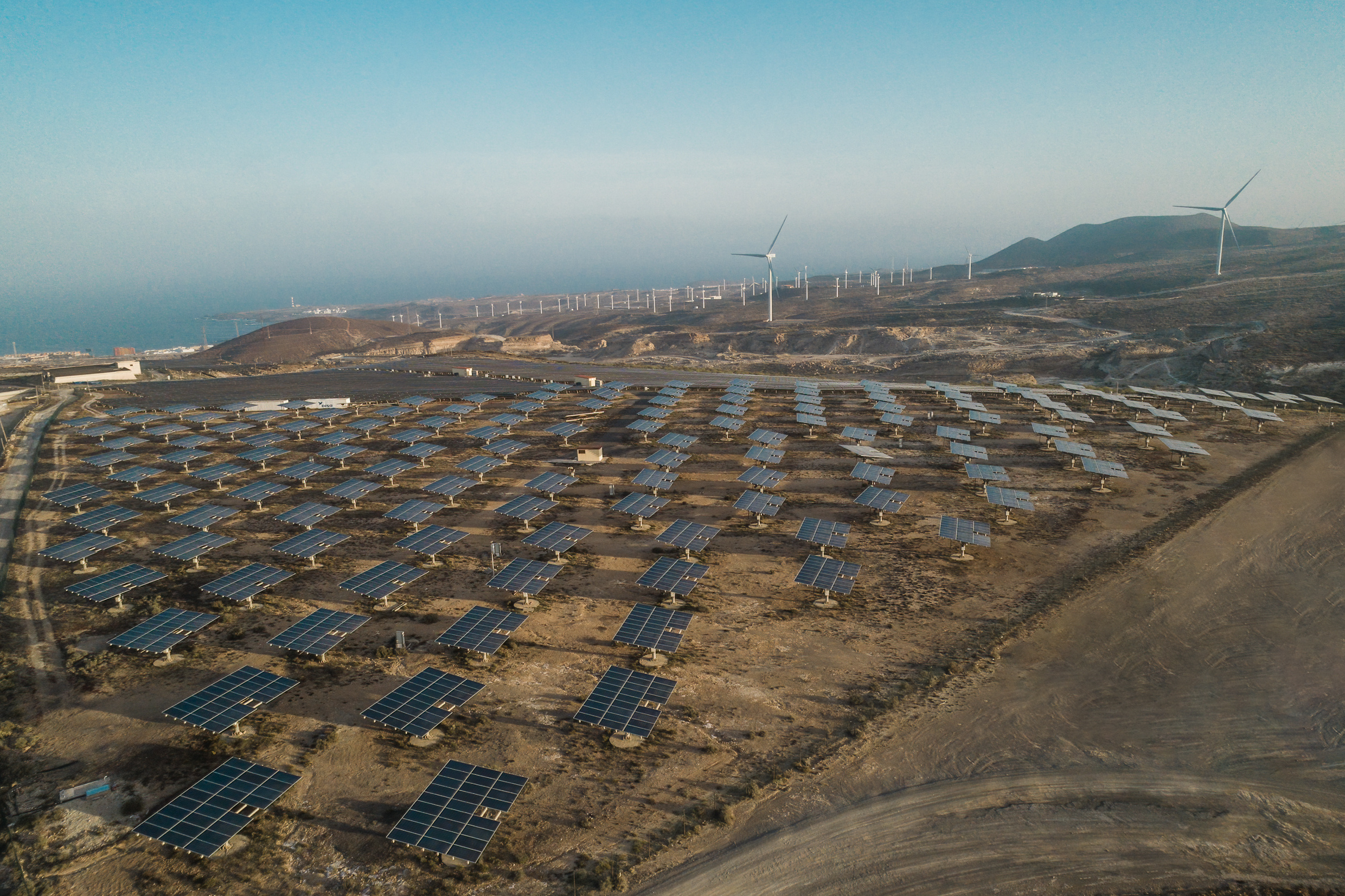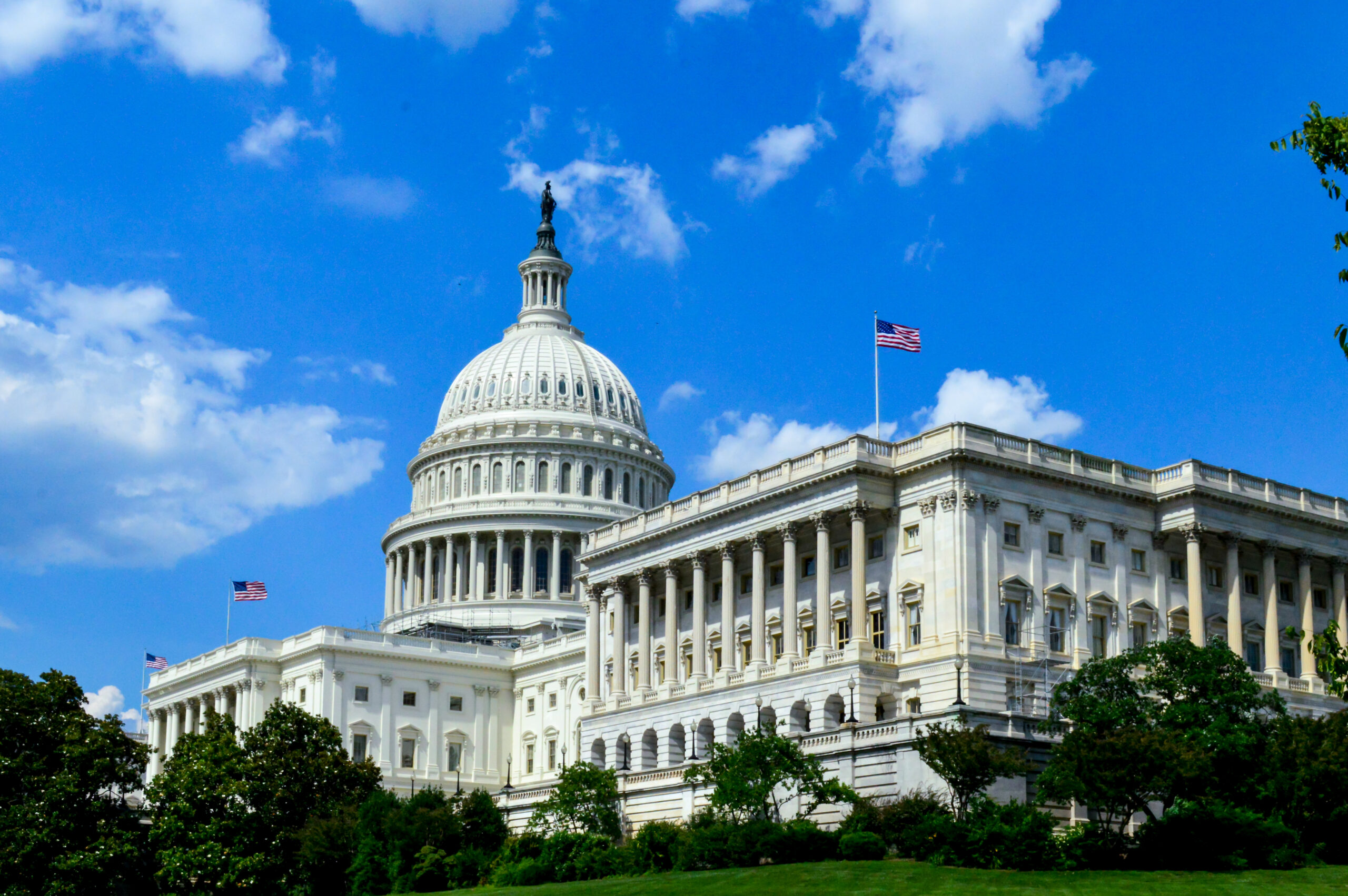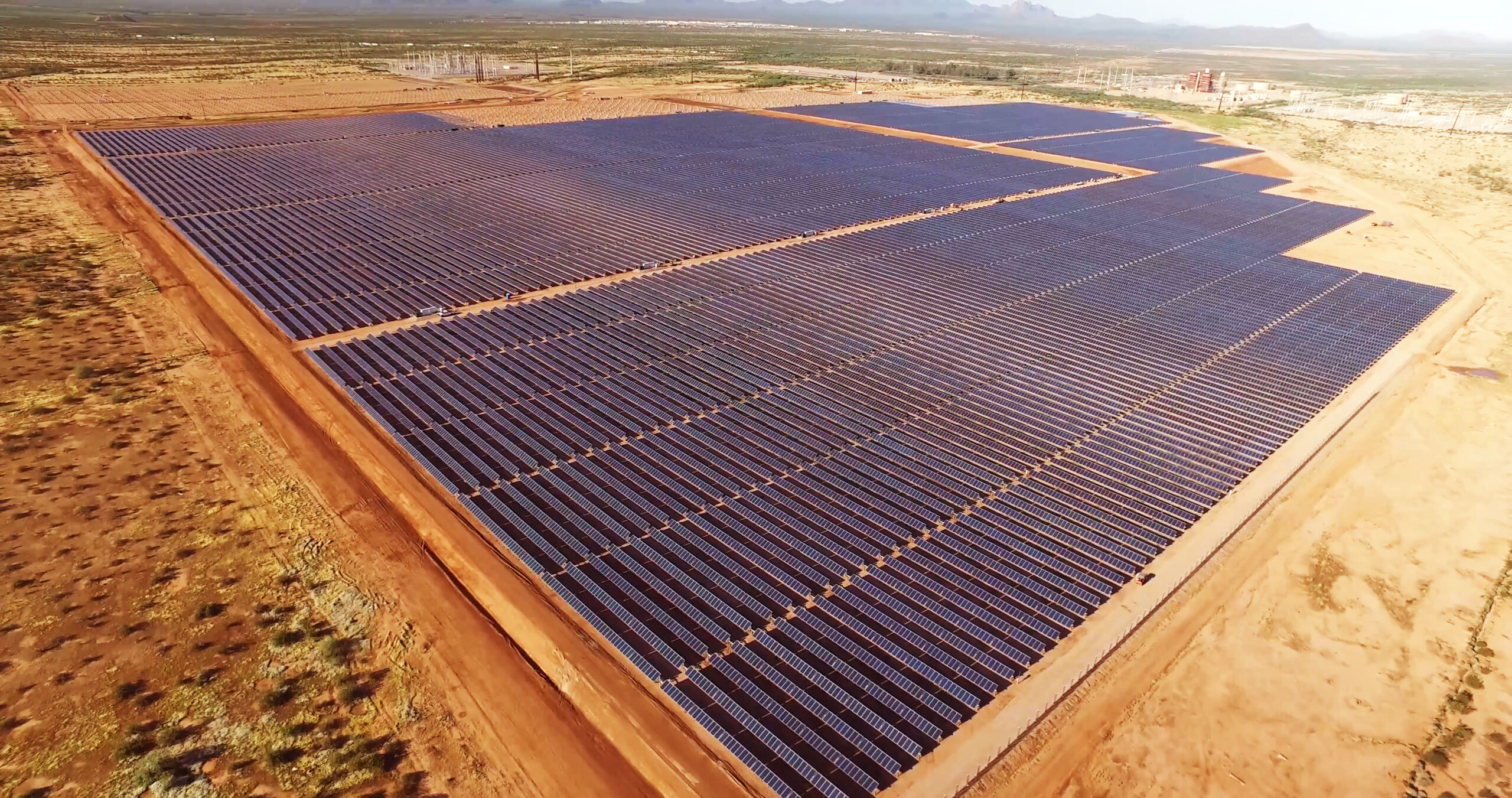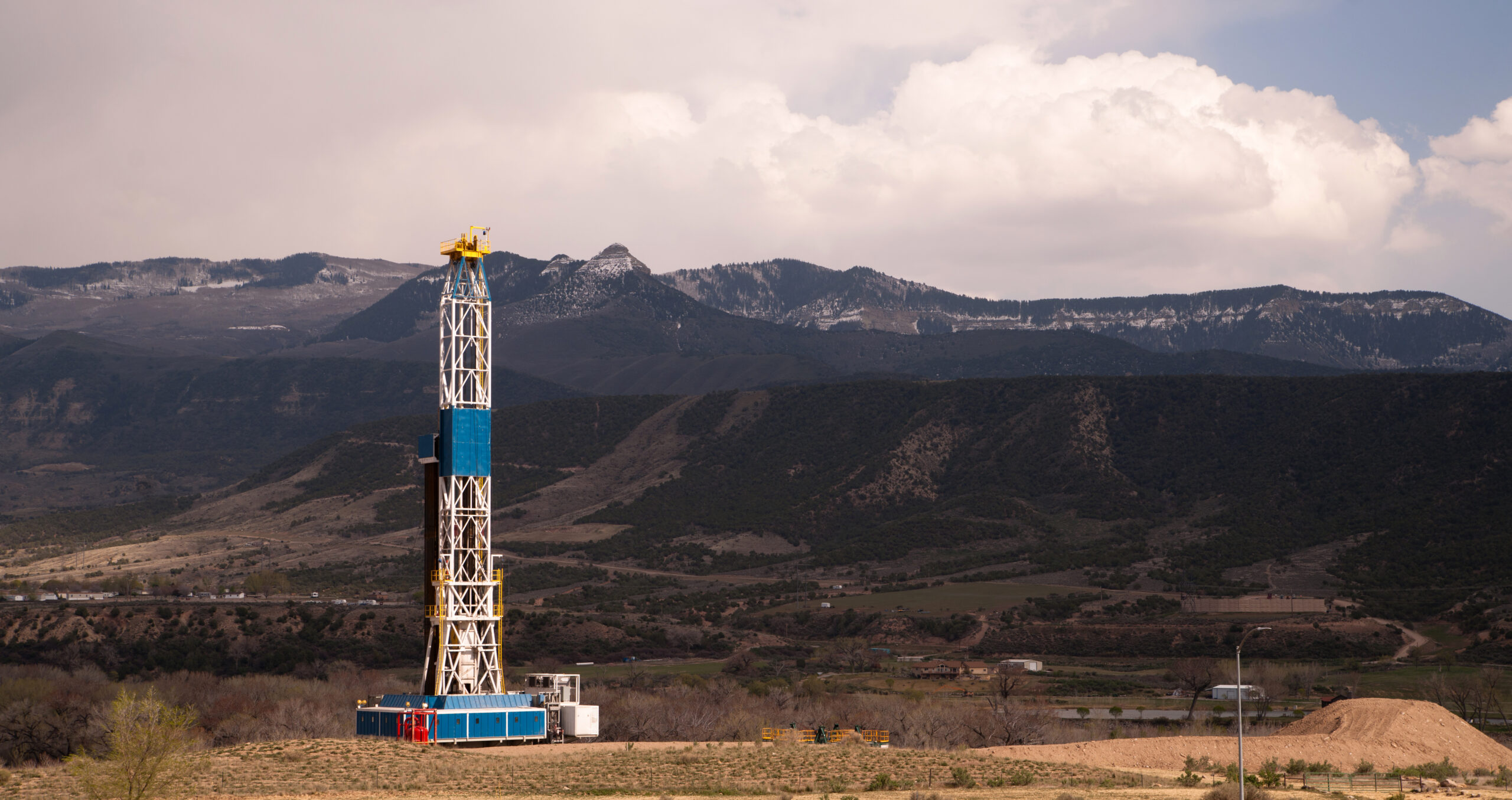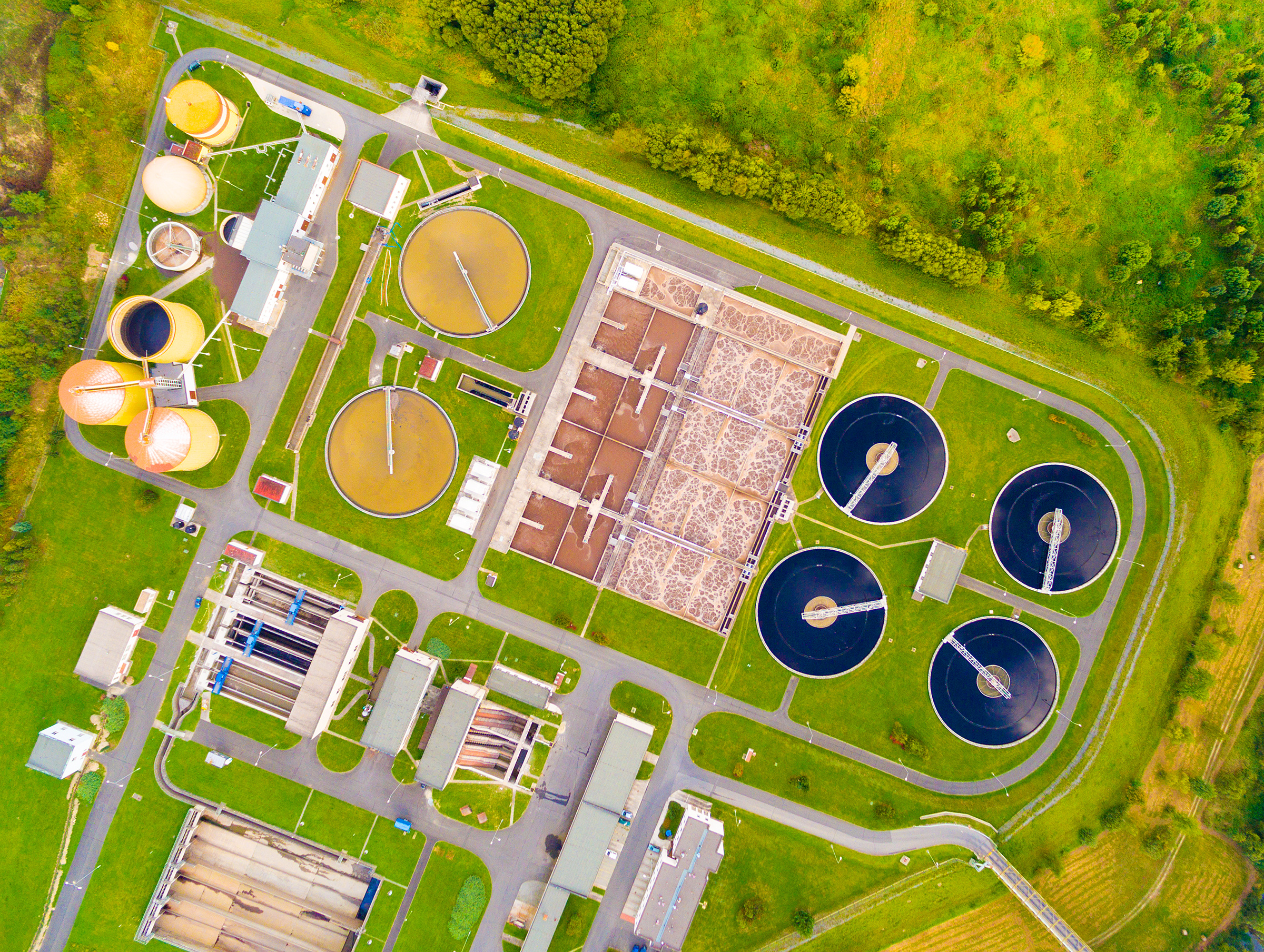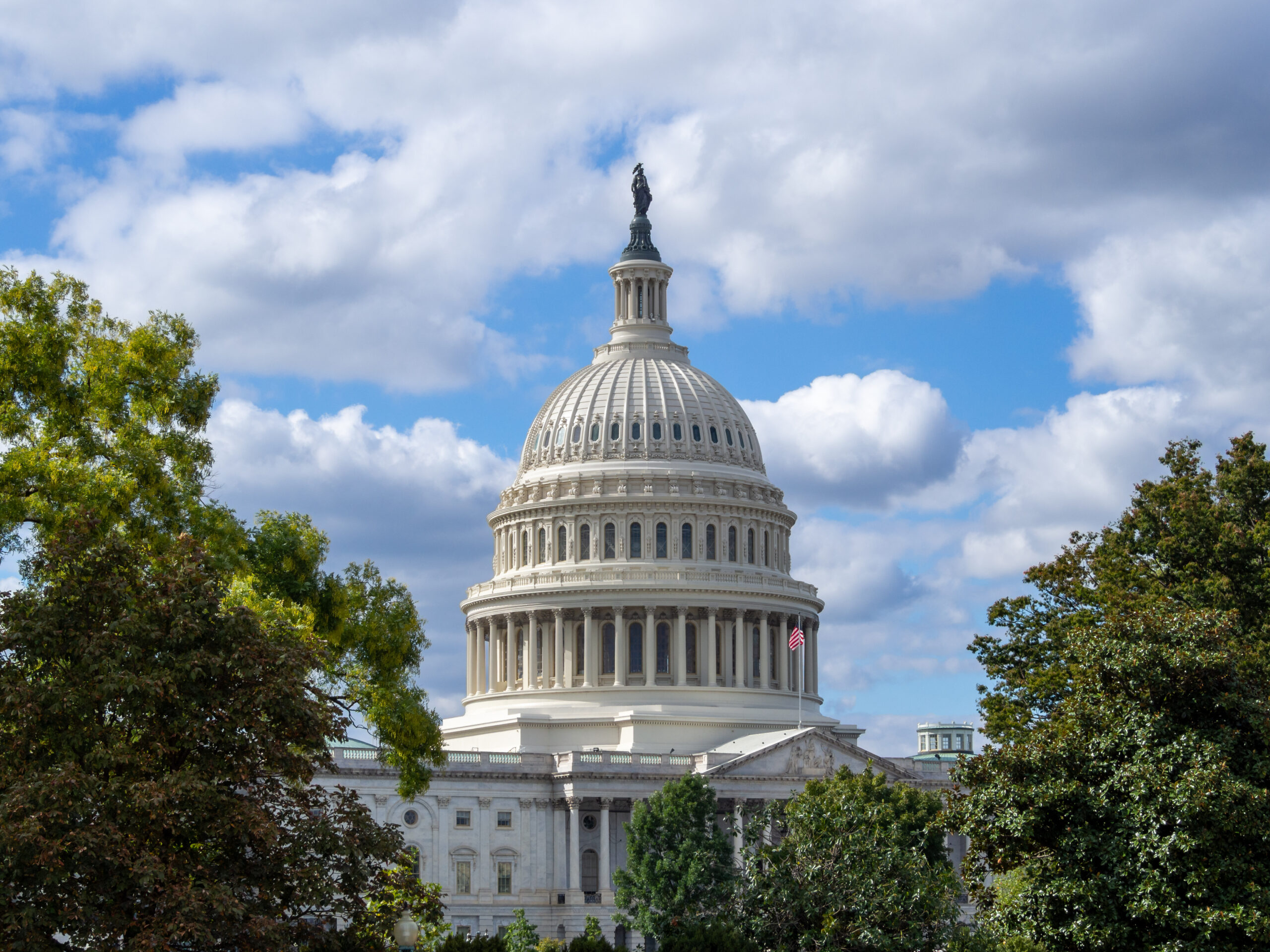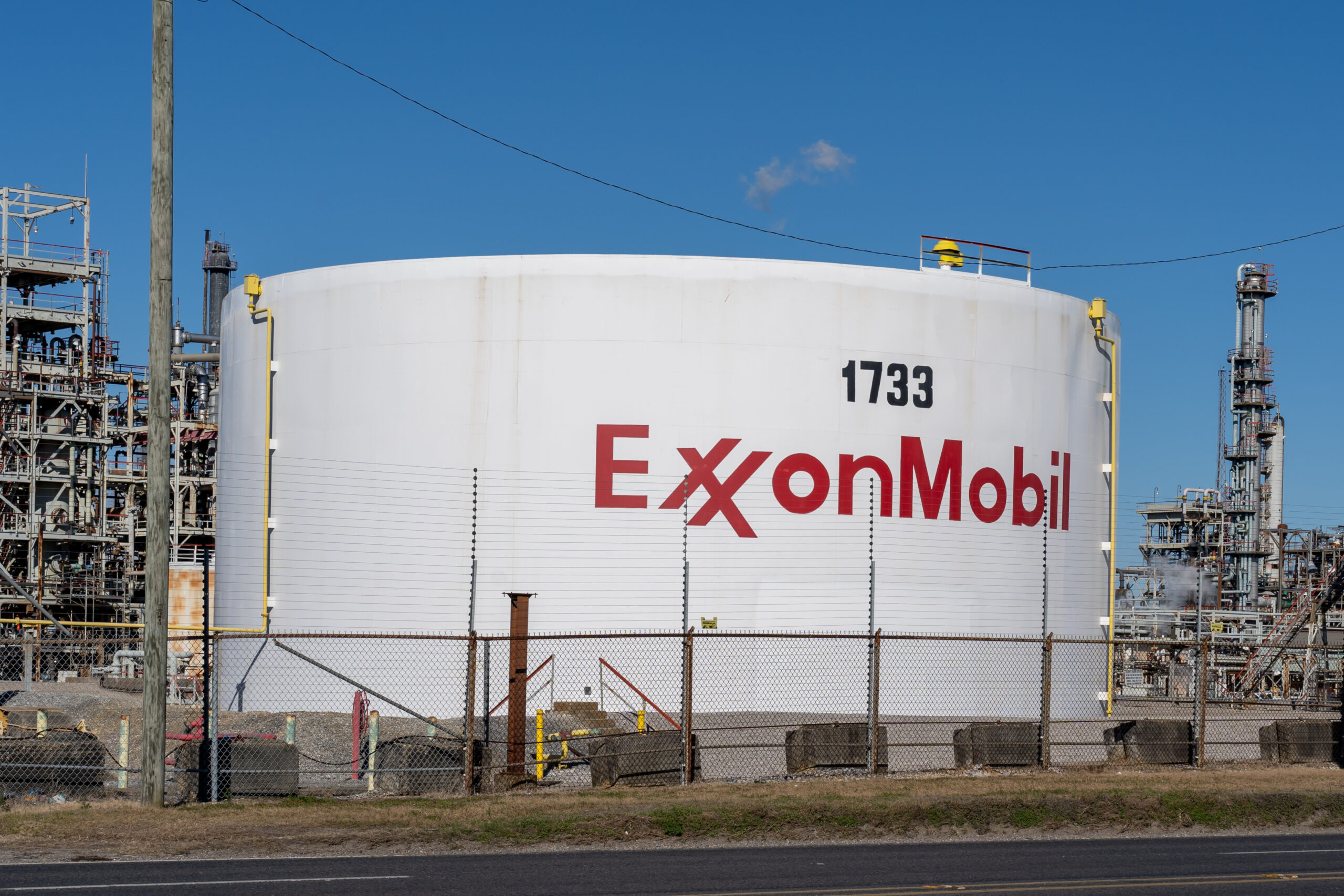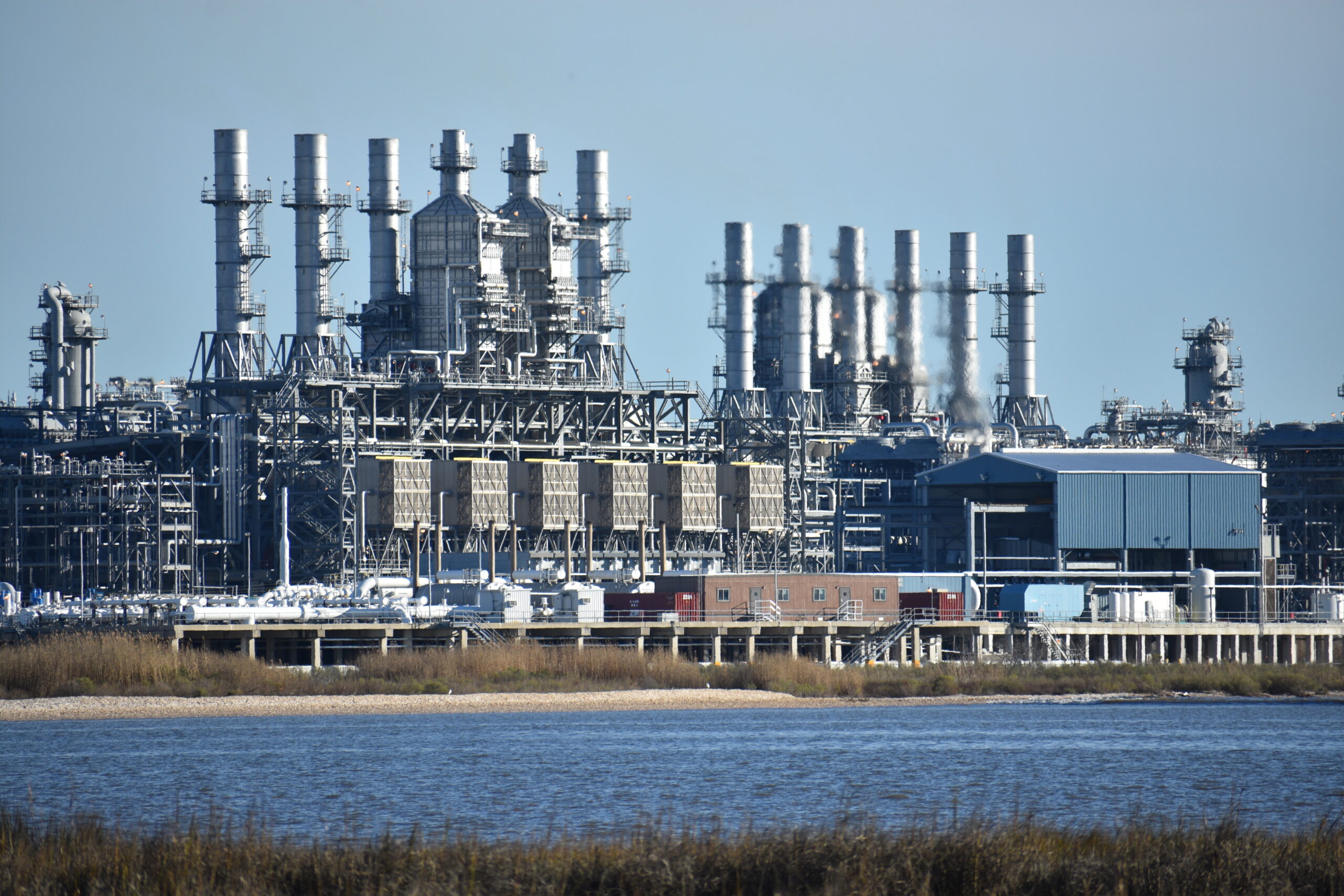At an energy conference in Vancouver, a Woodfibre LNG official said construction has advanced on the controversial gas project in British Columbia.
A Senate committee published the latest instalment of a multi-year investigation after obtaining a vast trove of internal documents from oil industry giants ExxonMobil, Chevron, BP, and Shell. The report alleges the efforts to slow climate action continue to this day.
Several federal agencies rolled out multiple landmark regulations on the energy sector. Campaigners hailed the “green blitz” as Biden scrambles to finish up work before the U.S. election in November.
Hopes for faster progress on implementing limits on plastic production were dashed in Ottawa. Campaigners blame large oil producers — including the United States.
A major buildout of LNG export terminals on Canada’s Pacific Coast rests on assumptions of long-term demand growth in Asia. But those forecasts are highly uncertain, two different reports warn.
Analysts say that potential investments from Saudi Aramco and ADNOC in U.S. LNG could propel projects forward. Meanwhile, in Houston, gas executives voiced confidence in the trajectory of their industry at CERAWeek.
Researchers recorded nearly 1 million measurements across major U.S. oil and gas production sites, and found methane emissions far higher than U.S. EPA data suggests.
U.S. gas prices plunged below $2/MMBtu this winter, largely because of warm weather. Gas companies unable to turn a profit are slashing drilling plans.
The U.S. grants for several blue "hydrogen hub" concepts risk promoting a dirty and expensive technology, critics say. But upcoming hydrogen subsidy rules could still build a cleaner green hydrogen industry.
After repeatedly missing climate targets in recent years, Canada’s oil and gas sector emissions cap could be “groundbreaking.” But the industry is fighting to weaken it.
The fast-growing Alberta renewable energy sector is at risk, after the Canadian province recently slapped a moratorium on new projects.
A cost-of-energy analysis of different sources of electricity generation shows that solar, wind, and batteries offer some of the cheapest sources of power on offer. Still, there are challenges slowing faster deployment.
An expected Republican wave did not materialize, which solidifies some U.S. climate change policy even as the U.S. needs more action to hit its targets.
Europe has unveiled new plans to speed up renewables, while the U.S. sees headwinds.
A recently filed lawsuit alleges that a Colorado firm loaded up its clean-up liabilities onto another shell company that was designed to fail, saddling landowners and taxpayers with old polluting oil and gas wells.
Utility regulators rejected renewable natural gas and hydrogen as climate solutions, and ordered gas utilities to align their investments with climate laws. That may force gas utilities towards electrification.
In the first week of COP28, the U.S. and Canada announced or joined a long list of climate initiatives. But both countries, along with other major producers, are reluctant to commit to the larger task of phasing out fossil fuels.
A cost-of-energy analysis of different sources of electricity generation shows that solar, wind, and batteries offer some of the cheapest sources of power on offer. Still, there are challenges slowing faster deployment.
Bill Gates’ Breakthrough Energy Ventures has announced a new investment in a biofuels company, in spite of the ExxonMobil algae biofuel exit late last year But critics say the technology has long featured in oil industry greenwashing campaigns and is far from a commercial reality.
An expected Republican wave did not materialize, which solidifies some U.S. climate change policy even as the U.S. needs more action to hit its targets.
Huge investments in renewable energy will accelerate transition, but climate justice advocates voice concerns about being left behind.
Plastics and petrochemical producers are vehemently opposed to limits on plastics production. They are working overtime in Ottawa this week to weaken the treaty, civil society groups warn.
As the 4th round of talks get underway this week in Ottowa, scientists, campaigners, and a coalition of countries are calling for substantive progress on a global plastics treaty that would place restrictions on production. Plastics and petrochemical producers are trying to prevent that outcome.
The ExxonMobil lawsuit represents a first of its kind but is happening against the backdrop of a wider pushback against climate activism by energy companies.
The White House said it was freezing permit approvals for all new proposed U.S. LNG export projects, citing a need to overhaul the regulatory process. Climate groups called it a “massive win.”


